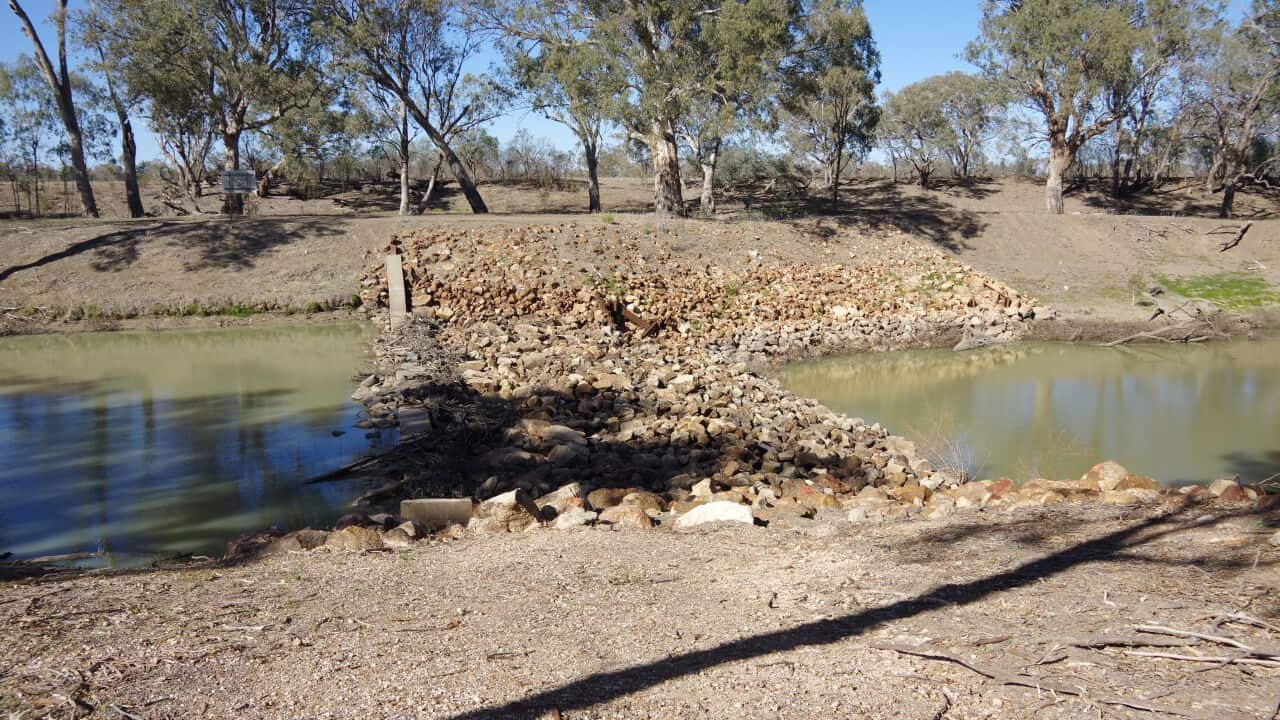An Aboriginal community in north-western New South Wales which has been tackling poor water quality for two years and pleading with the government for action to be taken, has now been told to boil its water before use.
As widespread droughts throughout the state continue, last week the Walgett Shire Council (WSC) issued an emergency alert that warned residents their water supply needed to be boiled before use due to a technical issue at a nearby water treatment plant.
Chief executive of the Walgett Local Aboriginal Land Council, Kelli Randell, told NITV News that “enough is enough”.
Ms Randell said community members have reported water coming out of their taps "the colour of mud" and that it leaving rashes on people who bathe in it.

Kelli Randell said the water coming out of their taps is a brown, muddy colour reportedly staining clothes and leaving rashes on people who bathe in it. Source: Supplied
The community have often reported their bore water - drawn from the Great Artesian Basin - to contain elevated sodium levels, leaving people with gastric, stomach aches and vomiting.
She said the community is "disappointed" and "concerned" that their rivers - a source that they could finally rely on again - was now unsafe to drink.
“Only having access to water with high sodium levels was one thing, but now having to boil the water due to turbidity risks, well, it’s just another blow to a community who is already struggling to survive,” she said.
Ms Randall said the WSC is doing everything they can to supply the community with clean drinking water.
She said construction for a water farm is set to begin with the aim of generating 30,000 litres of drinking water per week from hydro panels collecting water vapour from the air.
Additionally, WSC said it is looking into a mini desalination plant for Walgett to clean the water and make it safe for all community members to drink.
Greg Ingham, General manager for WSC, said he was unsure of what exactly caused the high turbidity.
“There may be several causations factors contributing to the high turbidity, such as uncontrolled land runoff, lack of ground vegetation cover, silting, etcetera," he told NITV News.
"The extended drought conditions are not helping in this regard.”
In a public Facebook post, WSC said they were working quickly to fix the problem by flushing mains, monitoring the treatment plant 24 hours a day and collecting additional samples to monitor the water.











